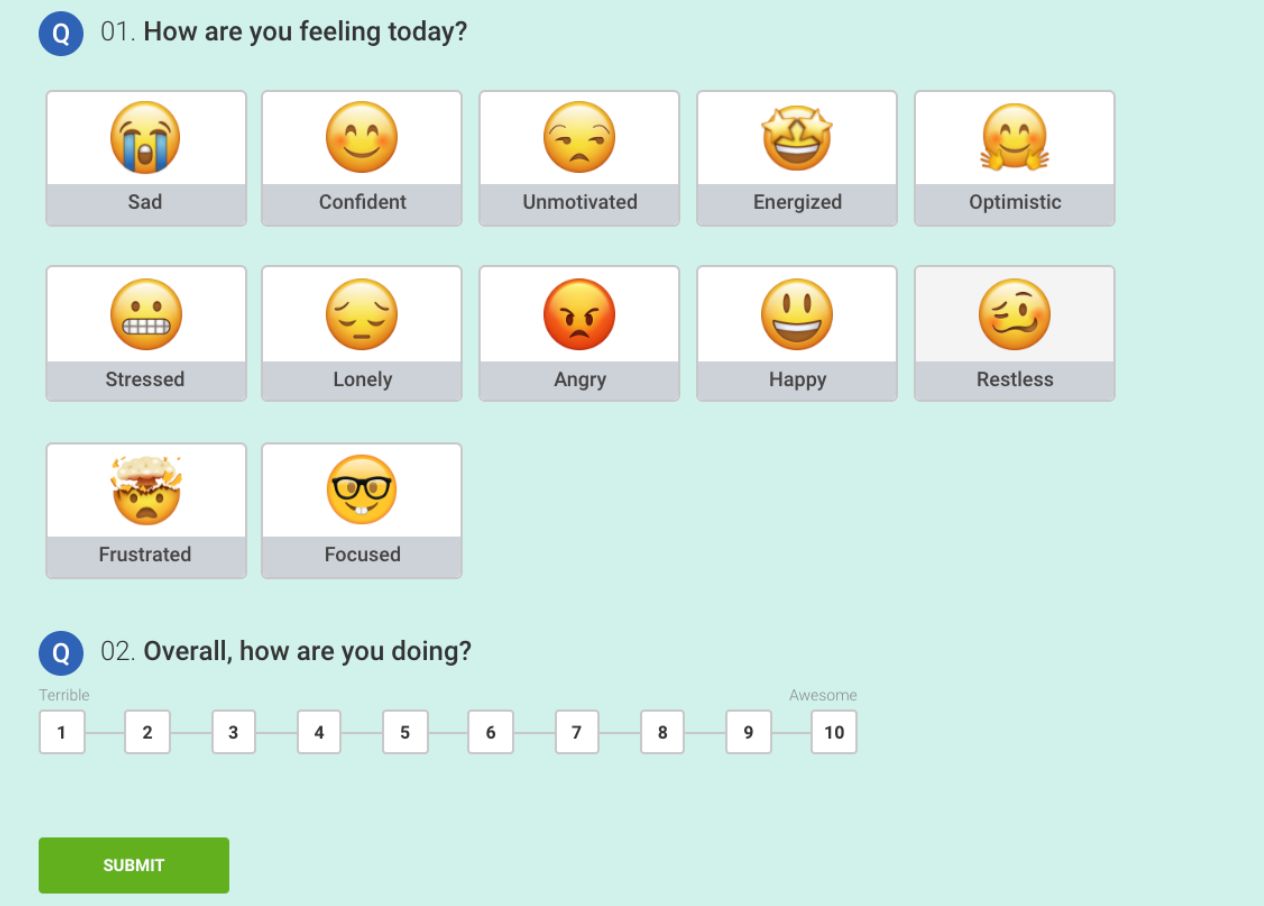WESTERVILLE, Ohio — Teachers across the country are finding new ways to better care for their students and their mental health with the help of an app.
The app, created by a former teacher and current Ph. D student, Jodi Miller, was developed after she started thinking about all of the things that would have been helpful to her as a teacher and made things better.
Giving students another way to express themselves changed the game and took the pressure off of them when it came to sharing how they were feeling with adults.
“In some of our conversations with elementary school students, what we found is that it’s really scary. Some of them were like I get really anxious about talking to my teachers about how I'm feeling and this allows us to kind of break the ice, our middle school students had similar responses but they also really liked the privacy,” Miller said.
Fifth-grade teacher Linda Amici used the app with her students last school year while teaching virtually.
By using the app, it took away the guesswork of trying to figure out how students were really doing behind their screens.
Amici said it was tough because you couldn't really see and get a full picture of what was happening with a student. With the app, she found students not only connected better with her but also with one another. Plus, they realized they weren't the only ones having a rough day sometimes.
Amici said she believes when students feel like they're understood, they're more receptive to learning.
Although she'll be teaching in person this year, she plans to use the app again and hopes it will be just as helpful as it was this past year.

Data pulled from the use of the app included elementary to high school students, public to private schools and virtual to hybrid settings.
Research over the last year showed that as time went on, many students felt sad. Elementary school students in particular though felt better, were more excited, less tired and more focused.
The belief is that since many of them were in school it contributed to those feelings.
For middle and high school students, data showed they were less motivated and more angry as they went through the year.


